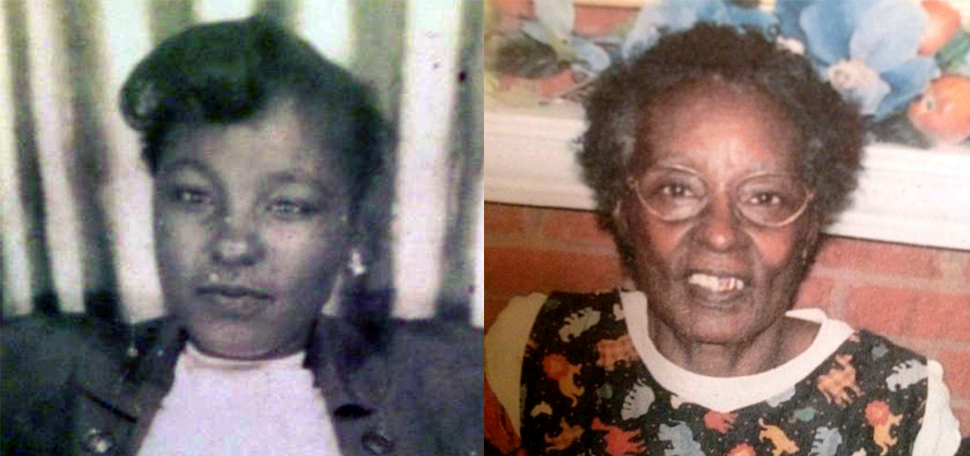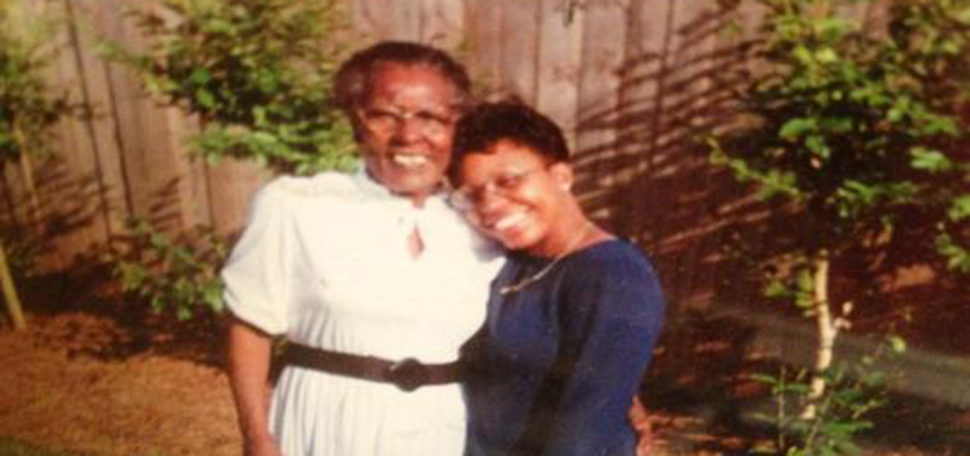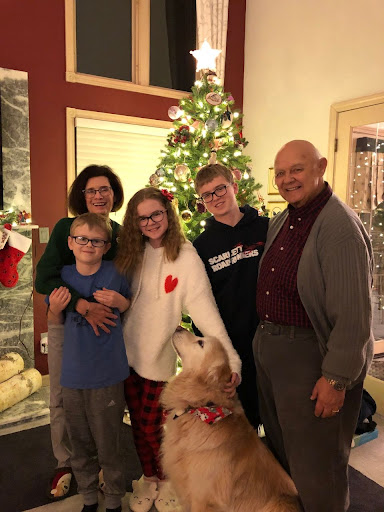Shameeka Linson is a substitute teacher in Auburn, Alabama.
My grandmother died two days before her 60th birthday after a long battle with lung cancer. She had been a heavy smoker from the age of 15. The first warning came when the doctor discovered major blockage in the arteries of her heart. A stent was put in place. A few years later she began experiencing pain in her chest and back. It became so severe my mom had to rush her to the emergency room. After the x-rays and lab results, the physician came in to break the bad news that she had lung cancer. It was a downhill battle after that. No longer could she work in the yard. Breathing became difficult. Slowly she deteriorated until she could no longer even eat and weighed 90 pounds.

The night of her passing she had internal bleeding. She vomited blood for hours and received several blood transfusions. The doctor’s could not figure out where the bleeding was coming from. She was taken into surgery and never came out.
It was such an awful way to watch a loved one pass, especially after we had already watched my grandmother’s sister die from lung cancer that eventually spread to her brain.

The Death by Dignity law allows a person to pass peacefully and in a much more humane manner. The individual doesn’t have to suffer for an extended amount of time, and the family members don’t have to witness their pain and agony. Unfortunately in Alabama, this law is unavailable to those who want to decide their ultimate fate.
(March 2016)

